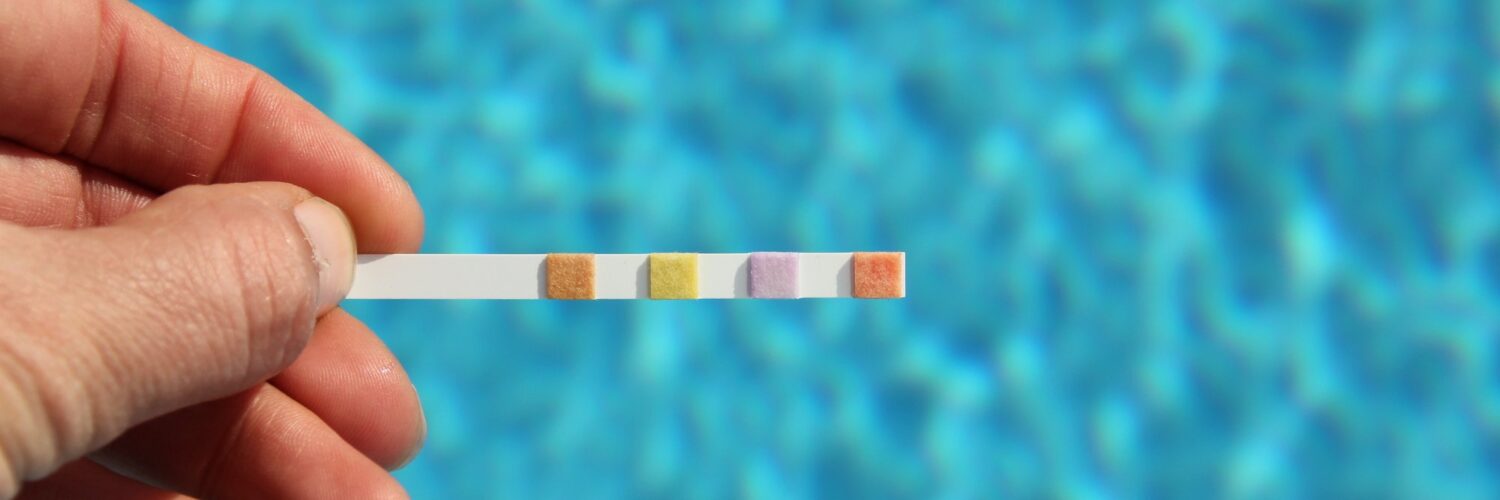Are you planning to install a pool in your home? One of the most important aspects of pool ownership is proper maintenance.
Few things are more frustrating than not using your beautiful pool because of algae or other issues. This post will give you a few tips for proper water quality.
Learn more about saltwater pool maintenance and keeping your pool clean and clear.
Test the Water
Maintaining proper levels of certain elements, including chlorine, alkalinity, and pH, is essential in keeping the saltwater in the pool healthy and safe for use. The balance of the levels can be gauged by purchasing a water test kit and utilizing the pH scale provided inside. Depending on what is found in the results, the levels can then be adjusted to remove any hazardous bacteria and deter odors and corrosion of the pool itself.
Maintain Salinity
A typical saltwater pool starting salinity should read 2,500 to 3,000 parts per million (ppm). This should be adjusted depending on your environment, such as precipitation, pool usage frequency, and if there are any plants or foliage surrounding the pool. Even if you need to add some extra salt, doing so in a balanced fashion should ensure a healthy and thriving environment for any saltwater pool.
Clean Regularly
Cleaning a pool can help improve its water quality. This ensures that the underwater environment is balanced to protect the pool’s surface and interior from wear and tear. This can be done by cleaning the filter, vacuuming the bottom of the pool, and skimming any debris that floats on the surface.
Cleaning your pool can help prevent the build-up of organic and other debris.
Replace Parts
One of the best saltwater pool maintenance tips is to replace parts. The plumbing and parts may wear out sooner if you have an older pool system. Replacing parts will help keep your saltwater pool in working order.
If you’ve noticed pool and spa leak detection problems, it may show that you need to replace certain pieces of equipment, such as the pool filter, the chlorinator, or the skimmer. If you have any suspicion that your parts are worn out, contact a professional to come and inspect your system. Maintaining a pool with part replacement can help you avoid the costly repair and replacement of entire systems.
Shocking Pool
Shocking your pool eliminates bacteria or other irritants in the water. You will need chlorine or other sanitizers, such as bromine, iodine, or copper-based products, to shock a pool. Add the sanitizer to the pool water and allow the chlorine to circulate through the system.
It may take a few hours or overnight to completely circulate through the pool and help reach its most significant amount of effectiveness. After shocking the pool, you should recheck the chlorine levels after 12 hours to ensure they can remain steady.
Follow These Saltwater Pool Maintenance Tips
Saltwater pool maintenance offers several advantages over traditional chlorine pool maintenance, such as a softer feel to the water and a lower risk of skin irritation. The best tips to keep your pool in the best shape are to test the chemical balance, vacuum the pool, and clean or replace the filter as necessary. With proper maintenance, you can ensure a clean and healthy pool for years to come.
If you enjoy this article on caring for your saltwater pool, check out our other great articles.






Add comment